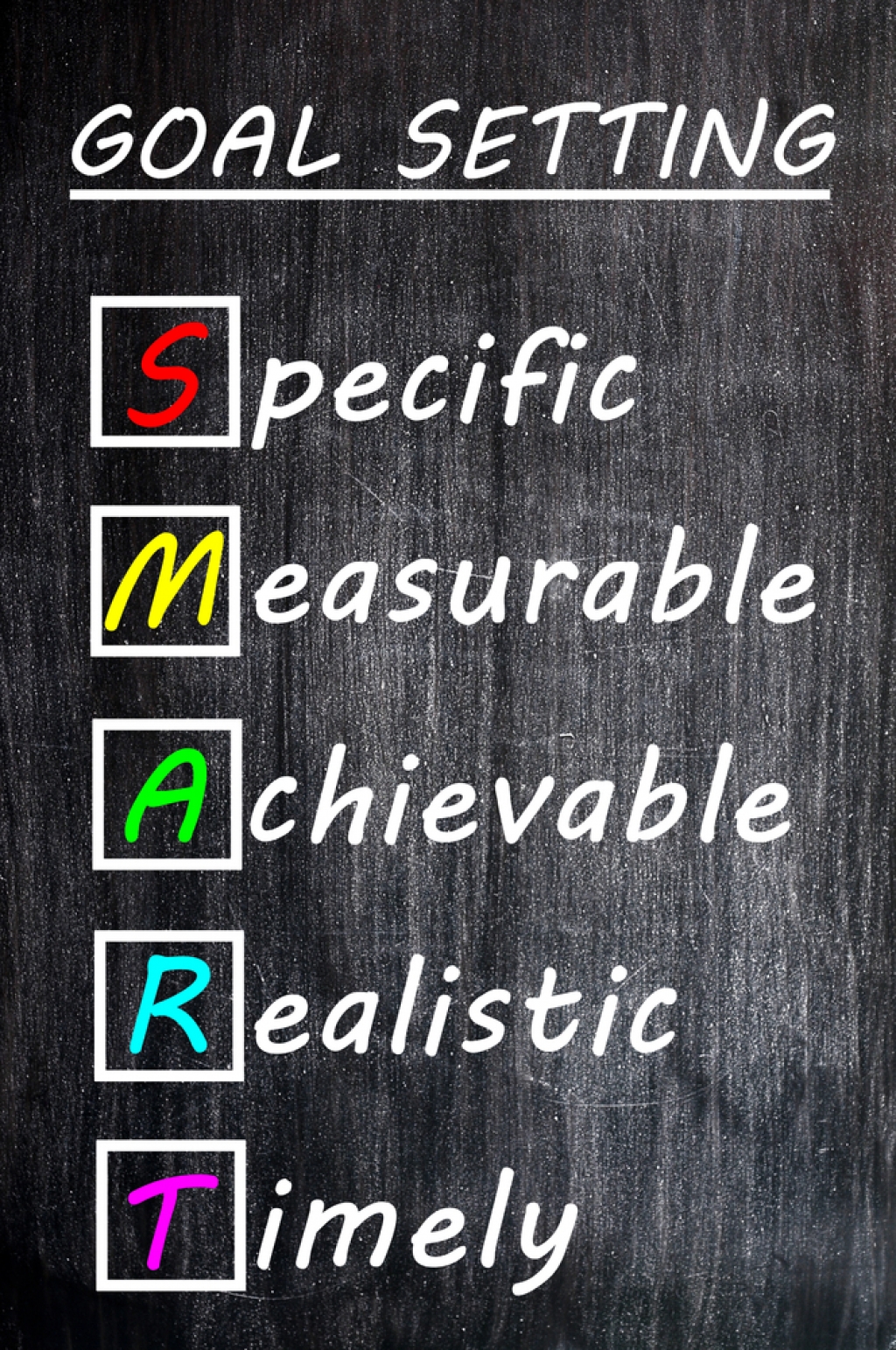In an age where technology permeates every aspect of our lives, it's no surprise that the field of personal and professional development has also been transformed by digital innovation. One of the most significant advancements is the rise of mentoring software, which facilitates and enhances coaching and mentoring programs. This technology has revolutionized the way mentoring is conducted, making it more accessible, manageable, and scalable than ever before. But what exactly is mentoring software, and how does it impact the traditional coaching and mentoring landscape?
What is Mentoring Software?
Mentoring software, often referred to as coaching and mentoring software, is a specialized type of platform designed to support the administration, tracking, and execution of mentorship programs. These platforms offer a range of tools that help organizations match mentors and mentees, set and monitor goals, schedule sessions, and maintain communication. The aim is to streamline the mentorship process, making it more effective and engaging for all parties involved. Software mentors—a term used to describe digital tools within these platforms—play a crucial role by providing resources, reminders, and actionable insights to keep the mentorship journey on track.
What is a Coaching and Mentoring Program?
A coaching and mentoring program is a structured relationship focused on developing an individual’s skills, knowledge, and professional network. While both coaching and mentoring involve guidance and development, mentoring usually focuses on long-term development aligned with personal growth and career advancement. Coaching, on the other hand, tends to be more task-oriented and performance-based, often with specific goals and a defined timeline.
These programs are integral to personal and professional development within organizations. They help individuals achieve their full potential while promoting a culture of learning and growth. By integrating coaching and mentoring software into these programs, organizations can enhance their effectiveness, providing tailored learning experiences and continuous support through sophisticated matching algorithms and communication tools.
Examples of Coaching and Mentoring
The applications of coaching and mentoring are vast and vary across different contexts. For instance, in a corporate setting, an experienced executive might mentor a younger employee to prepare them for a future leadership role. In contrast, a sports coach might work with athletes to refine their techniques and strategize for upcoming competitions.
In the realm of entrepreneurship, a business mentor could guide a novice entrepreneur through the intricacies of starting and running a new business. Similarly, in the educational sector, teachers might take on coaching roles to help students achieve academic success. These relationships can be significantly enhanced with the use of coaching and mentoring software, which provides a structured framework and ongoing support for these interactions.
What are the Types of Coaching?
Coaching can be classified into several types based on the focus and objectives of the interaction. Some of the main types include:
- Executive Coaching: Aimed at improving leadership qualities and organizational performance, this type of coaching is common among high-level executives and managers.
- Career Coaching: Focuses on providing guidance, support, and feedback to individuals looking to advance their careers or transition to new roles.
- Life Coaching: Helps individuals achieve personal goals, improve their relationships, and enhance overall life satisfaction.
- Skills Coaching: Concentrates on developing specific skills, such as public speaking, time management, or technical abilities relevant to a job or personal interest.
- Performance Coaching: Often used in corporate environments to improve an employee's performance, aligning their efforts more closely with the company's strategic objectives.
Each type of coaching may utilize specific features within coaching and mentoring software to enhance the effectiveness of the program. For example, skills coaching might leverage interactive modules and performance tracking features, while life coaching could benefit from journaling and goal-setting functionalities.
The Impact of Digital Tools on Coaching and Mentoring
The integration of digital tools in coaching and mentoring programs, specifically through software mentors, has had a profound impact on the accessibility and scalability of these initiatives. Coaching and mentoring software allows for more precise matching based on compatibility and specific mentoring needs, automated scheduling, continuous feedback, and a repository of resources that can be tailored to the individual's development plan.
Moreover, the use of such software in the coaching and mentoring business has democratized access to mentorship, allowing more individuals to benefit from professional guidance regardless of geographical limitations. It also provides valuable analytics and data-driven insights that help organizations measure the effectiveness of their mentorship programs and make informed decisions about future initiatives.
In conclusion, the role of software in modern mentorship programs is pivotal. As organizations continue to embrace digital solutions in their development strategies, the future of coaching and mentoring looks increasingly digital. These technological advancements not only enhance traditional mentoring and coaching practices but also expand their reach, ensuring that every individual has the opportunity to achieve their full potential in an increasingly complex and challenging world.




